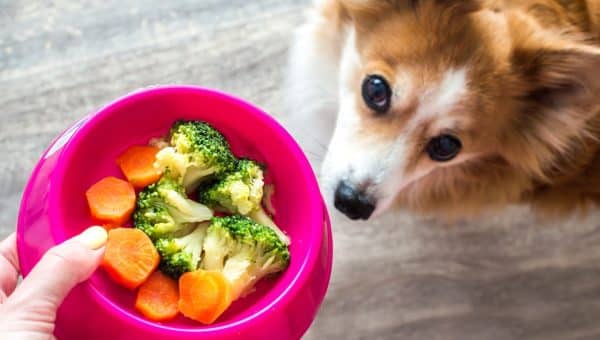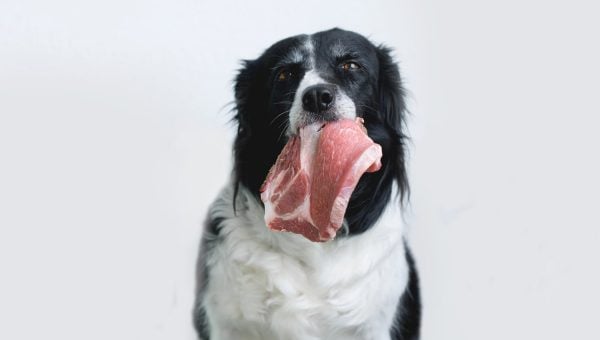- Not a substitute for professional veterinary help.
Thinking about new fruits and veggies for your dog to try and aren’t sure if oranges are safe or not? Good news! Oranges, like other citrus fruits, are safe for dogs to eat, says Florida-based holistic veterinarian Jeff Grognet.
While the effect of oranges on canine digestion has yet to be studied, there’s no reason dogs can’t eat this healthy fruit. Below, we’ll dive into what oranges dogs can eat, the proper serving size, the nutritional benefits of the fruit, and the tasty orange recipes you can give your dog.
What Oranges Can Dogs Eat?
There are many different types of oranges and orange-adjacent products. Below are the most common orange products and if they’re safe for your dog to eat
Clementines
Dogs can try clementines and Japanese oranges, which are tiny, like clementines, and seedless. Before giving your dog any of the fruit, decide how many small pieces to give them. A good rule of thumb? Two or three peeled slices should suffice.
Orange skins and orange peels
“The golden rule is if we don’t eat the skin, they shouldn’t eat it either,” says Grognet. Orange peels can contain significantly higher pesticide levels than the inside of an orange or clementine. Always peel an orange, just like you would if eating one yourself. Additionally, peel off the small white pieces just inside the orange before giving the fruit to your dog.
Orange juice
We love orange juice with our breakfast. Can dogs enjoy it as well? They can, but it’s not recommended. While orange juice is a great source of vitamin C, it has lots of sugar that might not be part of a well-rounded dog diet.
Tangerines
Similar to orange juice, tangerines are a citrus fruit rich in vitamin C, potassium, and other beneficial nutrients. However, it’s high in natural sugars too, so if you want to give your pup a slice, do so in moderation.
Can Dogs Choke on Oranges?
While Grognet has never seen a dog choke on an orange, he says it’s always possible. Here are some of his tips to feed your dog oranges safely.
- Avoid giving them the entire orange
- Don’t feed your dog while they’re overexcited or jumping around
- Remove the peel and stringy white parts of the orange before feeding them slices
If your dog does choke on an orange, take the correct measures or see an emergency vet right away.
How Much Orange Can Dogs Have?
Generally, 10% of your dog’s diet can come from treats. Treats could be chicken, store-bought dog treats, homemade ones, or fruit/vegetables, like oranges. Unsure of what 10% look like in your dog’s diet? Grognet says it’s a good idea to consult a vet before adding anything other than dog food to your pup’s diet.
3 Tasty Dog-Safe Orange Recipe Ideas
Try making and freezing “pupsicles” that are basically canine smoothie cubes. Here’s a simple recipe your pup is sure to enjoy!
- Blend a nondairy milk of your choice with oranges and other fruits such as blueberries, strawberries, or peaches. You can also use a small amount of orange juice instead of orange.
- Pour into ice cube trays or popsicle molds.
- The result is a tasty chewing exercise for your pup.
You can also make your pet a fruit salad of small or dried bites of different fruits and veggies. Lastly, you could dehydrate the orange slices to make chewy jerky.
Are Other Fruits Safe For Dogs?
Any fruit that isn’t a grape (or raisin) is safe for dogs to eat (in moderation). However, don’t give them parts of a fruit you wouldn’t eat, such as an apple stem or seeds. Instead, feed your dog the parts of fruits and veggies you would eat. Lastly, make sure to wash or peel a fruit or vegetable before giving it to your pet.
However, if your dog has a specific diet recommended, then you should contact your veterinarian to see if oranges or other fruits are an approved addition. “Oranges are a new frontier for dogs,” says Grognet. Enjoy the exploration!





